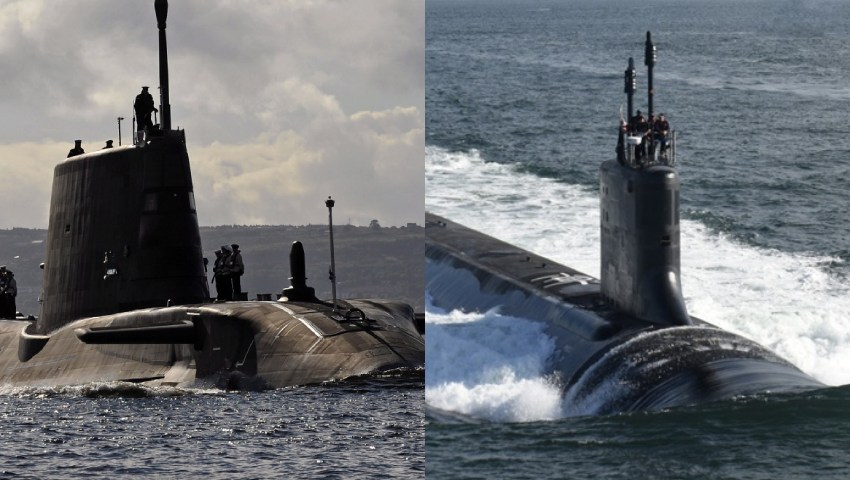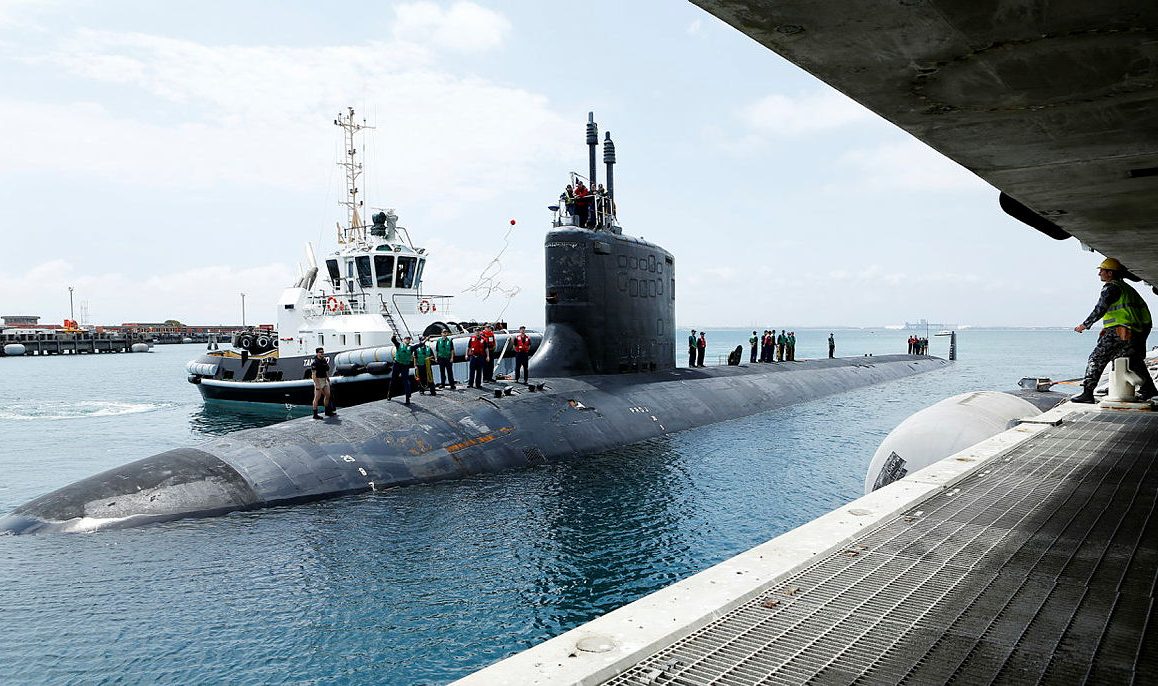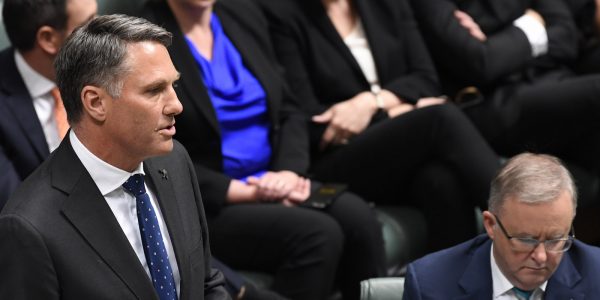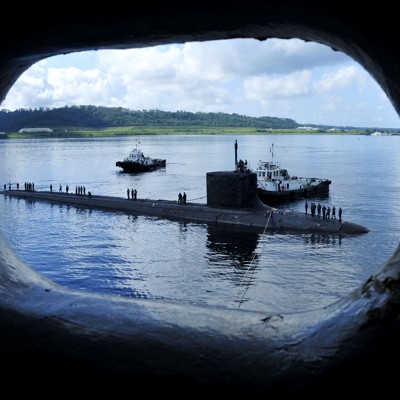Naval reactors (with the exception of the ill-fated Russian
Alfa class described below) have been pressurised water types, which differ from commercial reactors producing electricity in that:
- They deliver a lot of power from a very small volume and therefore most run on highly-enriched uranium (>20% U-235, originally c 97% but apparently now 93% in latest US submarines, c 20-25% in some western vessels, 20% in the first and second generation Russian reactors (1957-81)*, then 21% to 45% in 3rd generation Russian units (40% in India's Arihant). Newer French reactors run on low-enriched fuel.
- The fuel is not UO2 but a uranium-zirconium or uranium-aluminium alloy (c15%U with 93% enrichment, or more U with less – eg 20% – U-235) or a metal-ceramic (Kursk: U-Al zoned 20-45% enriched, clad in zircaloy, with c 200kg U-235 in each 200 MW core).
- They have long core lives, so that refuelling is needed only after 10 or more years, and new cores are designed to last 50 years in carriers and 30-40 years (over 1.5 million kilometres) in most submarines, albeit with much lower capacity factors than a nuclear power plant (<30%).
- The design allows for a compact pressure vessel with internal neutron and gamma shield. The Sevmorput pressure vessel for a relatively large marine reactor is 4.6 m high and 1.8 m diameter, enclosing a core 1 m high and 1.2 m diameter.
- Thermal efficiency is less than in civil nuclear power plants due to the need for flexible power output, and space constraints for the steam system.
- There is no soluble boron used in naval reactors (at least US ones) but boron may be a burnable neutron poison in the fuel.
- A submarine reactor is required to withstand the shock and vibration experienced by all warships in active service due to ocean turbulence and enemy action.
* An IAEA Tecdoc reports discharge assay of early submarine used fuel reprocessed at Mayak being 17% U-235.
The long core life is enabled by the relatively high enrichment of the uranium and by incorporating a 'burnable poison' such as gadolinium – which is progressively depleted as fission products and actinides accumulate and fissile material is used up. These accumulating poisons and fissile reduction would normally cause reduced fuel efficiency, but the two effects cancel one another out.
However, the enrichment level for newer French naval fuel has been dropped to 7.5% U-235, the fuel being known as 'Caramel', originally developed for research reactors and providing the possibility for greater fuel density, so helping to minimize the increased size of an LEU-fuelled core. It needs to be changed every ten years or so, but avoids the need for a specific military enrichment line, and some reactors will be smaller versions of those on the
Charles de Gaulle. In 2006 the Defence Ministry announced that
Barracuda class submarines would use fuel with "civilian enrichment, identical to that of EdF power plants," about 5% enriched, and certainly marks a major change there.
Long-term integrity of the compact reactor pressure vessel is maintained by providing an internal neutron shield. (This is in contrast to early Soviet civil PWR designs where embrittlement occurs due to neutron bombardment of a very narrow pressure vessel.)
The Russian, US, and British navies rely on steam turbine propulsion, the French and Chinese in submarines use the turbine to generate electricity for propulsion.
Russian ballistic missile submarines as well as all surface ships since the
Enterprise are powered by two reactors. Other submarines (except some Russian attack subs) are powered by one. A new Russian test-bed submarine is diesel-powered but has a very small nuclear reactor for auxiliary power.

 www.defenceconnect.com.au
www.defenceconnect.com.au





